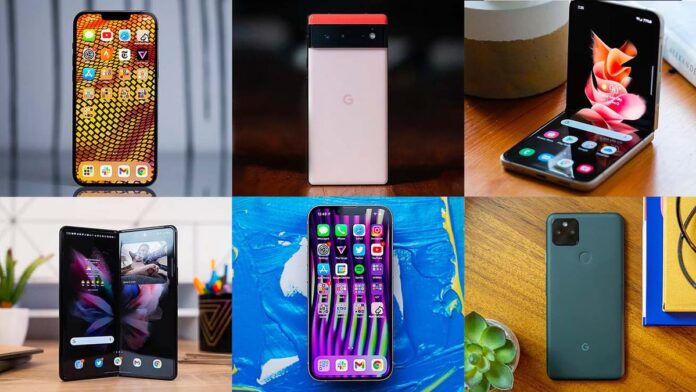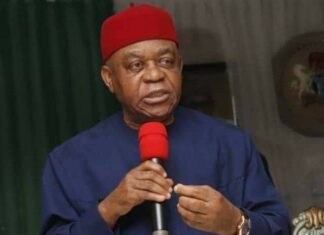Six out of 10 Nigerians lack smartphones, with higher rates in rural areas
By Jeph Ajobaju, Chief Copy Editor
Only about 40 per cent of Nigerians own smartphones, says a new report by Alliance for Affordable Internet (A4AI) which also shows that 58.2 per cent of urbanites have such devices and just 29.5 per cent ruralites do.
AAI defines meaningful connectivity as when someone has 4G-like speeds on a smartphone with daily use of an unlimited access point at home, work, or a place of study. Some 81 per cent of Nigerians do not have meaningful connectivity, it said.
“To define and measure meaningful connectivity, A4AI uses four different indicators that relate to the quality and functionality of an Internet connection: a 4G connection; ownership of a smartphone ownership; an unlimited broadband connection at home, work or place of study; and daily use,” the report said.
A4AI disclosed that only 10 per cent of the total population of the countries it surveyed are meaningfully connected to the Internet; the number rises to 14 per cent in urban areas and falls to 5 per cent in rural areas.
The countries surveyed included Colombia, Ghana, India, Indonesia, Kenya, Mozambique, Nigeria, Rwanda, and South Africa.
Among the nine countries, only about 34 per cent of the population reported having an unlimited broadband connection, which goes down to 27 per cent in rural areas.
Unlimited connection at home, work, or place of study is needed in these areas as a majority of people living in them do have enough data to study, work or access healthcare online, the research found.
“Across the nine countries surveyed, rural areas lag behind their urban counterparts in terms of Internet connectivity.
“On average, people in urban areas are twice as likely to be connected to the Internet compared to people in rural areas and the urban-rural gap for Internet use is 70 per cent.
“However, in terms of meaningful connectivity, urban areas have levels of meaningful connectivity that are over three times greater when compared to rural areas and the meaningful connectivity geography gap reaches 110 per cent.
__________________________________________________________________
Related articles:
Second hand phone sales boom worldwide
EU adopts one phone charger from 2024, a first
Tecno sells more devices but Samsung makes the money in Africa
__________________________________________________________________
Urgency for action
“The gaps in Internet connectivity underestimate the degree to which rural areas lag behind urban ones in the quality of the access they have,” the report stressed, per The PUNCH.
“The clear trend of deeper meaningful connectivity gaps between urban and rural areas in all countries illustrates the urgency for action not just to connect rural and remote populations to the Internet but to ensure this connectivity has the essential technical capabilities to be meaningful for people living in these areas.”
A4AI said Internet access has had a transformative effect on humanity with millions coming online for the first in the past two years.
Internet use is now at its highest point in history and this experience is highlighting the digital inequities that persist in access across the world, according to the report.
Only one in 10 people have meaningful connectivity across the nine countries A4AI surveyed. In urban areas, this increases to one in seven, and one in 20 in rural areas.
The reach and quality of Internet access in the world is a consequence of the broadband policies in place and with vast populations underserved or unserved, many countries offer underwhelming results in setting rural targets within their national broadband plans and rural inclusive broadband policies, said the report.
It added that greater connectivity can help governments across the world to accelerate the achievement of their goals in education, health, governance, and economic development.














